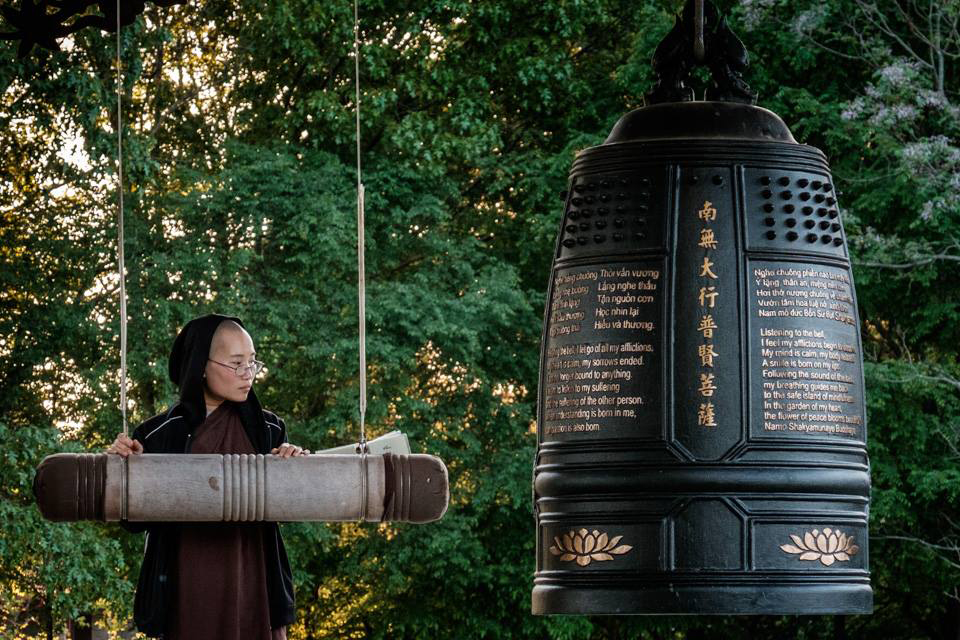(REUTERS LIFE!) - A CHINESE-BACKED FOUNDATION AND NEPAL'S GOVERNMENT PLAN TO TRANSFORM LORD BUDDHA'S BIRTHPLACE IN SOUTHERN NEPAL INTO A MAGNET FOR BUDDHISTS IN THE SAME WAY AS MECCA IS TO MUSLIMS AND THE VATICAN FOR CATHOLICS.
REUTERS/NAVESH CHITRAKAR/FILES A girl sells lamps filled with clarified butter or ghee in front of a statue of Buddha at Swyambhu during celebrations of the birth anniversary of Buddha in Kathmandu May 17, 2011.

REUTERS/NAVESH CHITRAKAR/FILES A girl sells lamps filled with clarified butter or ghee in front of a statue of Buddha at Swyambhu during celebrations of the birth anniversary of Buddha in Kathmandu May 17, 2011.
The Asia Pacific Exchange and Cooperation Foundation plans to raise $3 billion at home and abroad to build temples, an airport, a highway, hotels, convention centres and a Buddhist university in the town of Lumbini, about 171 km (107 miles) southwest of Nepal's capital Kathmandu.





 Liu Yidan holds a hatchling at her home in Tianjin, June 30, 2016. Fan Yiying/Sixth Tone
Liu Yidan holds a hatchling at her home in Tianjin, June 30, 2016. Fan Yiying/Sixth Tone






 << Phra Dhammachayo, founder of Dhammakaya, has an warrant of arrest issued by Department of Special Investigations, Thailand's equivalent of the FBI.
<< Phra Dhammachayo, founder of Dhammakaya, has an warrant of arrest issued by Department of Special Investigations, Thailand's equivalent of the FBI.









